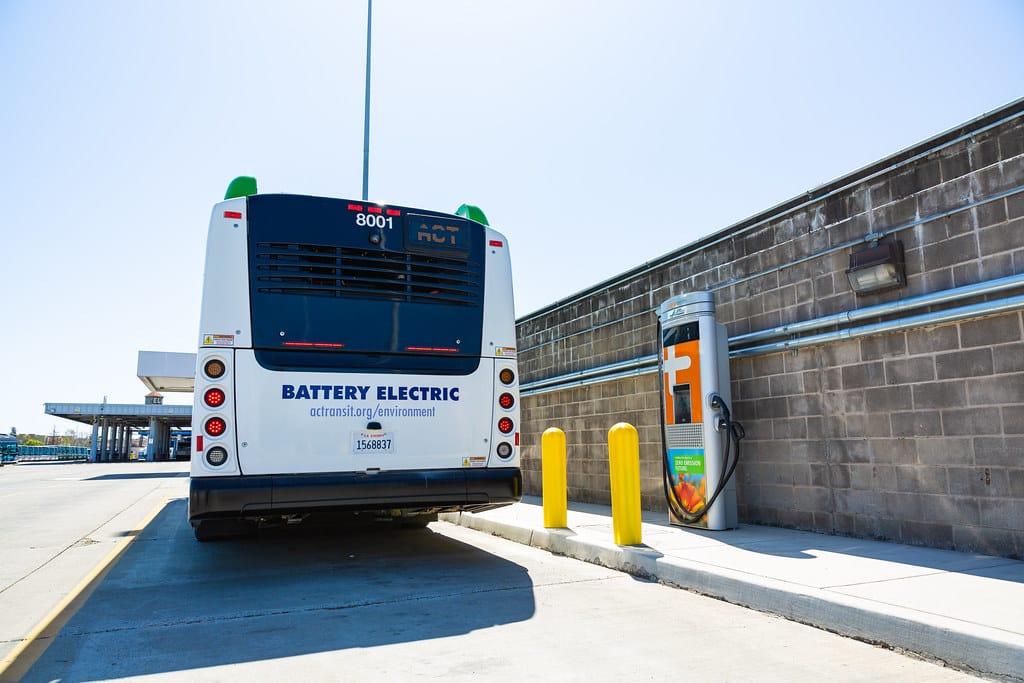Ford Defies Political Headwinds to Advance $3.5B Michigan EV Battery Plant
Ford Motor Company is charging ahead with its ambitious $3.5 billion electric vehicle battery manufacturing facility in Michigan, despite facing intense political pressure and mounting criticism from lawmakers who question the automaker's partnership with Chinese battery giant CATL. The project represents a critical test of America's ability to balance national security concerns with the urgent need to build domestic EV infrastructure.
The Battle Over BlueOval Battery Park
The controversy centers around Ford's BlueOval Battery Park Michigan, a massive facility planned for Marshall, Michigan, that will produce lithium iron phosphate (LFP) batteries for the company's electric vehicles. The plant, expected to create 2,500 jobs when fully operational by 2026, has become a lightning rod for criticism due to Ford's licensing agreement with Contemporary Amperex Technology Co. Limited (CATL), China's largest battery manufacturer.
Republican lawmakers have raised alarm bells about the partnership, arguing that it could compromise national security and undermine efforts to reduce America's dependence on Chinese technology. Senator Marco Rubio called the deal "deeply concerning," while House Republicans have launched investigations into the arrangement.
Economic Stakes Drive Ford's Determination
Despite the political turbulence, Ford executives remain steadfast in their commitment to the project. The automaker has invested heavily in its electric vehicle transition, with plans to spend $50 billion on EV development through 2026. The Michigan facility is crucial to Ford's strategy of bringing battery production to American soil while leveraging CATL's advanced LFP technology.
"This is about securing America's energy future and creating good-paying jobs in Michigan," said Ford CEO Jim Farley during a recent earnings call. The company argues that the partnership allows them to access proven battery technology while maintaining American manufacturing jobs and reducing costs for consumers.
The economic implications extend beyond Ford's bottom line. Michigan Governor Gretchen Whitmer has championed the project as a cornerstone of the state's economic transformation, offering $1.7 billion in incentives to secure the investment. The facility is expected to generate significant tax revenue and strengthen Michigan's position as a hub for electric vehicle manufacturing.
Navigating the China Challenge
Ford's approach to the CATL partnership reflects the complex realities facing American automakers in the global EV market. While the company maintains that it will own and operate the facility independently, with CATL providing technology licensing and some technical services, critics argue that any collaboration with Chinese firms poses risks.
The debate highlights a broader challenge for the U.S. automotive industry: how to compete in the rapidly growing EV market while reducing dependence on Chinese supply chains. China currently dominates global battery production, accounting for roughly 77% of worldwide battery cell manufacturing capacity.
Ford has attempted to address security concerns by emphasizing that CATL personnel will have limited access to the facility and that all operations will be conducted by Ford employees. The company has also committed to thorough background checks and security protocols for any Chinese nationals involved in the project.
Industry Implications and Precedent Setting
The Ford-CATL controversy extends beyond a single facility, potentially setting precedents for how American companies navigate partnerships with Chinese firms in critical technologies. Other automakers are watching closely, as they face similar choices between accessing advanced Chinese technology and managing political risks.
Tesla, for instance, has faced less scrutiny for its use of CATL batteries in some vehicles, partly because it doesn't involve manufacturing partnerships on U.S. soil. General Motors and other competitors are pursuing different strategies, including partnerships with South Korean battery makers and investments in domestic battery technology development.
Moving Forward Amid Uncertainty
As Ford continues construction planning for the Marshall facility, the company faces ongoing political pressure that could affect the project's timeline and scope. Recent discussions in Congress about restricting Chinese involvement in American EV infrastructure have added new layers of uncertainty to the venture.
Ford's determination to proceed with the project reflects the high stakes involved in America's electric vehicle transition. The success or failure of this initiative could influence how other companies approach similar partnerships and shape the future of American EV manufacturing. For now, Ford appears willing to weather the political storm in pursuit of its electrification goals, betting that economic benefits and job creation will ultimately outweigh security concerns.
